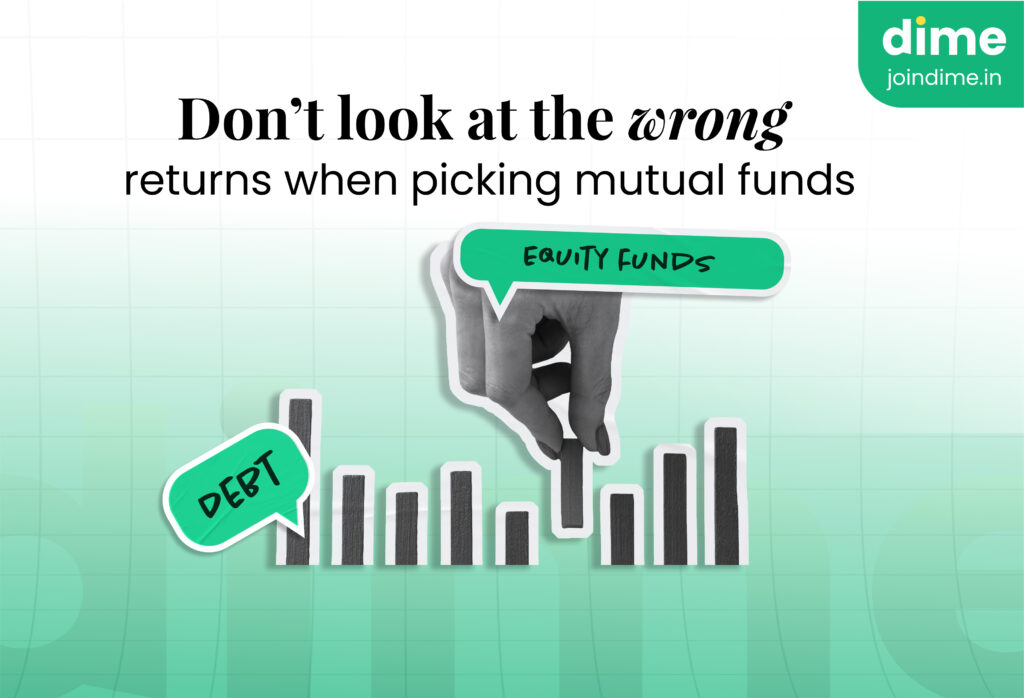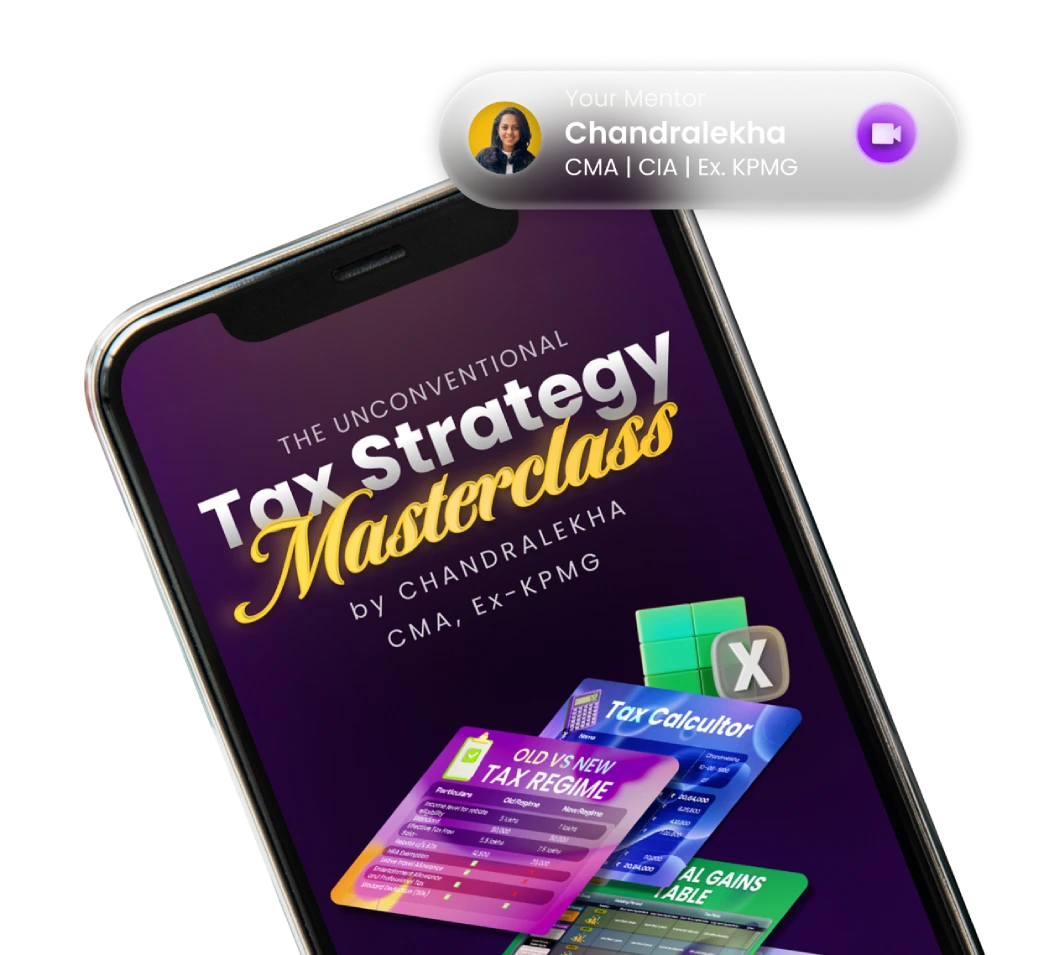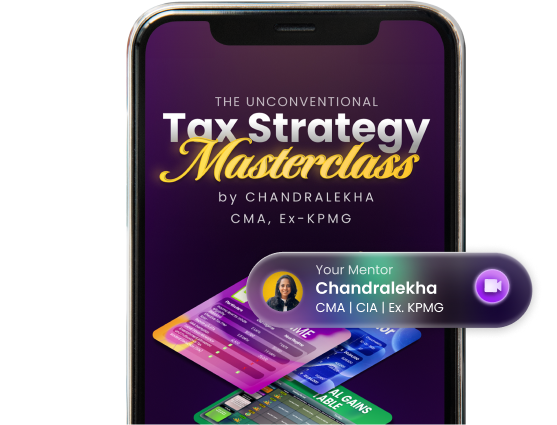Imagine equity as a slice of a delicious pie, representing ownership shares of a company. If you hold equity, you’re a shareholder, savouring both the sweet profits and occasional bitter losses.
Debt, on the other hand, is like a loan your friend takes from you, promising to pay back with interest. Companies or countries borrow sums at specific interest rates using instruments like bonds, notes, and commercial papers.
Now that we’ve got a grip on equity and debt, let’s dive into the world of Equity and Debt Mutual Funds!
Equity Funds
According to SEBI, an equity fund is a scheme investing 65% of its assets in equity or related instruments.
Equity funds can be broadly classified by
A ) Style of Management
| Type | Nature | Example |
| Active Funds | Actively managed by a Fund Manager | Tata Large Cap Fund, Nippon Small Cap Fund etc. |
| Passive Funds | Mimics a Market or a Sector Index | ETFs like Nifty Bees (mimics Nifty 50) |
B ) Market cap and sector of the equities in the fund
| Type | Nature | Risk | Time-horizon |
| Large Cap | At Least 80% of fund in Large-cap stocks | Low to mid | Medium to long term |
| Mid-cap | At Least 65% of fund in Mid-cap stocks | Mid to high | Medium to long term |
| Small-cap | At Least 65% of fund in Small-cap stocks | High risk | Long term |
| Thematic Funds | At Least 80% of funds in a particular theme | Concentration risk | Depends on funds |
Debt Funds
1. Debt funds invest in corporate or government bonds, treasury bills, and other fixed-income securities.
Debt funds can be classified based on
A ) The type of securities they invest
| Type | Nature |
| GILT Funds | They invest in Government bonds of varying maturities |
| Corporate Bond Funds | They invest in corporate bonds |
| Banking and PSU Funds | They invest in debts of banks, PSUs, PFIs |
B ) The maturity of the securities they invest
| Type | Nature ( Funds that invest in…) |
| Liquid Funds | Money market instruments maturing within 91 days |
| Ultra-Short Duration Funds | Debt securities maturing in 3-6 months |
| Low Duration Funds | Debt securities maturing within 6-12 months |
| Short Duration Funds | Debt securities with 1-3 maturity |
| Medium Duration Funds | Debt securities with 3-4 years maturity |
| Medium-to-long Duration Funds | Debt securities with 4-7 years maturity |
| Long-Duration Funds | Long maturity debt (over 7 years) |
Taxation
Taxation is crucial when investing, as different investments face varying tax methods
Taxation for Equity funds
| Type of Capital Gains | Holding Period | Tax Rate |
| STCG (Short-Term Capital Gains) | Shorter than 12 months | 15% |
| LTCG (Long-Term Capital Gains) | 12 months and longer | 10% (LTCG up to 1 lakh a year are tax-exempt*) |
Taxation for Debt funds
| Debt funds | Holding Period | Tax Rate |
| STCG | Sold within 3 years | Taxed according to slab rates |
| LTCG | Sold after 3 years | Taxed according to slab rates |
*Tax-exempt means you only need to pay taxes on gains that exceed the annual limit of 1 lakh.
The Big Question: Where Should You Invest?
Think about buying a car. What factors would you consider before making your decision?
- Comfort
- Aesthetics
- Speed
- Mileage
- Fuel type (EV or Petrol)
There are a number of car models available, but not everything satisfies your expectations. It is almost the same with mutual funds, not every fund serves your purpose.
Consider the following factors and keep your expectations clear:
- Risk Appetite: Are you a daredevil ready for high risks, or do you prefer playing it safe?
- Investment Duration or Purpose: How long can you commit your money, and what’s your investment goal—retirement, children’s education, or something else?
- Return Expectations: What kind of returns are you aiming for?
Keep you expectations clear
| Type | Risk apetite | Investment duration | Return expectations |
| Debt Fund | Low – Medium | Short – Mid term | Low – Medium |
| Equity Fund | Medium – High | Mid – Long term | Medium – High |
Usually, an investor’s portfolio blends Debt and Equity investments based on their financial goals.
Where to Buy Mutual Funds?
You can easily buy and track mutual funds on broker platforms like Coin by Zerodha, Groww, 5 Paisa, and more.
Summary
Refer the image below for the summary of the entire Read. Hope you became smarter with money now.

FAQs
Can I invest in both equity and debt funds together?
Yes, combining both is common to balance risk and returns. This approach is called asset allocation, and it can help you achieve a mix of growth and stability based on your financial goals.
What’s the difference between large-cap, mid-cap, and small-cap equity funds?
Large-cap funds invest in established companies with stable performance, mid-cap funds in companies with growth potential, and small-cap funds in emerging companies. Each has different risk levels, with small-cap generally being the riskiest.
Do I need a long-term commitment for equity funds?
Ideally, yes. Equity funds are best for long-term goals (at least 5–7 years) to help ride out market volatility and potentially benefit from higher returns over time.
Are debt funds a good option for short-term investments?
Yes, debt funds like liquid funds and short-duration funds are suitable for short-term investments, offering more stability and quick access to cash if needed.
What is the tax treatment for short-term and long-term gains on equity and debt mutual funds?
Short-term capital gains (STCG) on equity funds (held for less than a year) are taxed at 20%, while long-term gains (held for a year or more) are taxed at 12.5% after an annual exemption of ₹1.5 lakh. Gains from debt funds are taxed according to your income tax slab.









